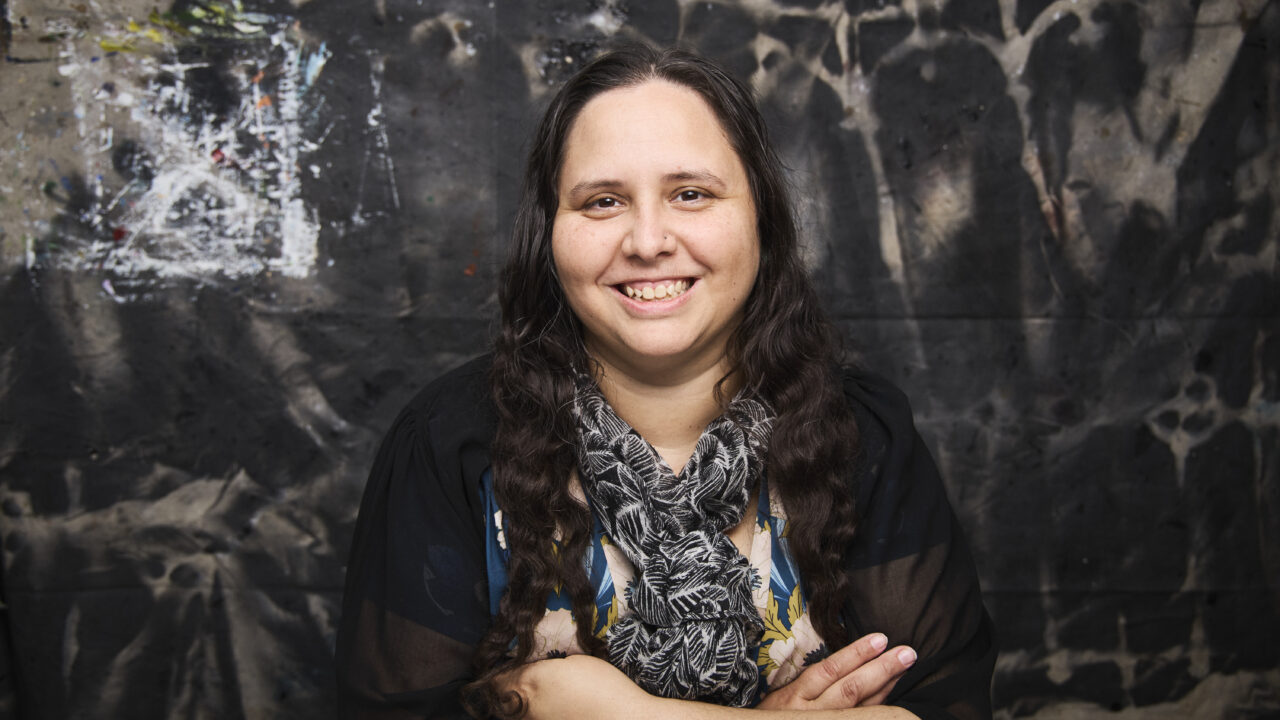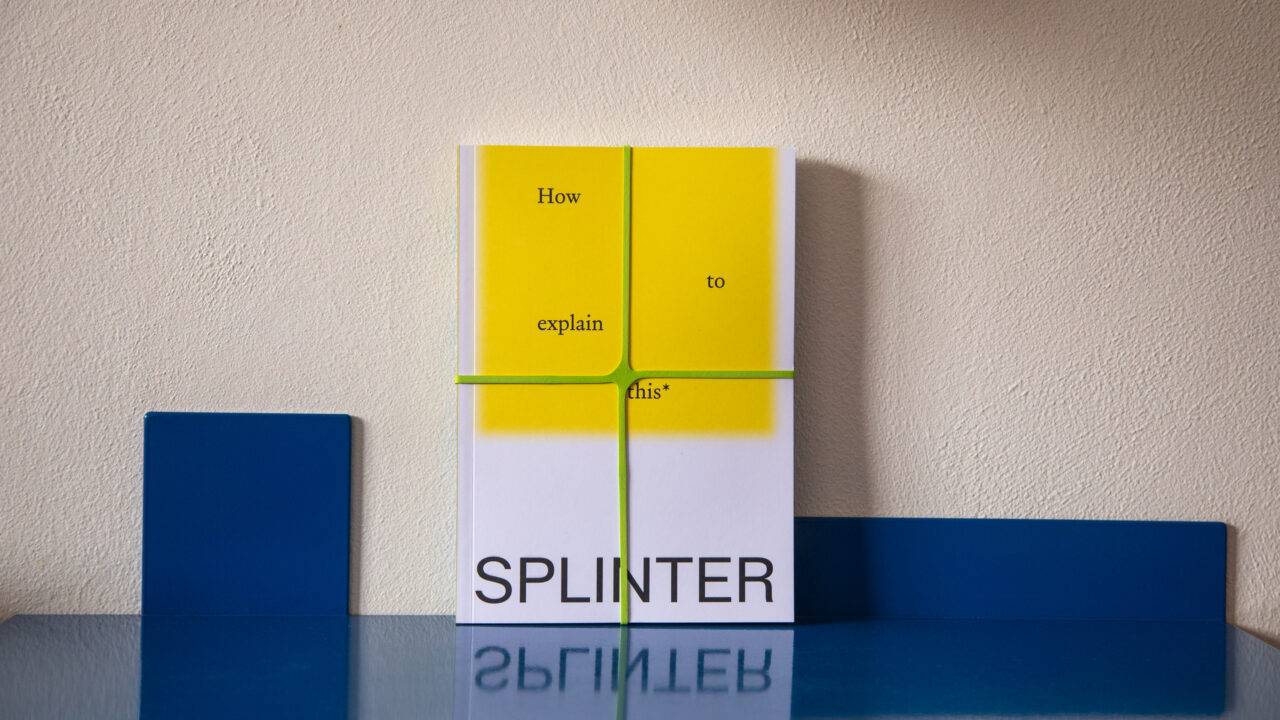Do the technical aspects of writing make you yawn? Adverbs and dangling modifiers and active versus passive got you befuddled? Can’t get through a how-to book before falling asleep and drooling on the pages? Writing rules? Pfft, who needs those?
You do. We all do.
Sometimes knowing those technical aspects and why they’re important are the difference between starting sixteen promising stories and finishing one amazing book. Anyone can start a story but why do we sometimes struggle to get past those first few chapters? How come your middle sags and you lose momentum and pace and tension? How come my shiny great idea now seems more like a bit of mud mixed with glitter?
Here are a few reminders and resources to help you evaluate your story and hopefully get past that pesky hump in the process.
◊ GMC – I bang on about this all the time! Goal, Motivation, Conflict. This is the who, what, why and why not. Your characters have to be motivated to do the things they’re doing. They need a tangible and intangible goals moving them forward and there has to be hurdles to them getting what they want. Usually that’s other characters rather than plot. Deb Dixon’s GMC is a great start to understanding this.
◊ Does every scene progress the story in some way? No? Cut it. Every single scene in your book must have a reason. It has to be taking us to the next step or revealing something new, interesting and/or exciting (but not backstory or info dumps). Story Genius by Lisa Cron will help.
◊ Info dumping is the worst. If you’re not familiar with show, don’t tell, look it up. Don’t tell us why the characters are doing something, show us what they’re doing and why. An info dump is basically the narrator telling the reader what they need to know in one big lump of text, usually at the beginning or close to.
◊ Waking up or going to sleep is a no-no. Unless it’s for a reason other than falling sleepy at night and the alarm going off in the morning. Does your character wake up in someone else’s bed the next morning after a big night? Have they been kidnapped? Drugged? Are they going to sleep for the same reason? Drugged? Knocked unconscious? Especially don’t start and end chapters with beds unless there’s some big revelation or reason (or sex). A good work of fiction starts with a turning point or a moment of change or indecision. A call to action if you will. Make sure you start your book with a bang so you can draw your reader in and keep them on the hook! Check out Vikki Wakefield’s Beginnings and Endings workshop coming soon.
◊ Backstory is sometimes the hardest element to balance. You want your reader to know the why’s but be careful and filter it in slowly and gently. You want to be subtly weaving in the backstory, not dropping it in like a brick.
◊ Cardboard characters are people who move about doing stuff but we don’t know anything about them or why they do what they do. Give them a reason to be afraid of the water. Give them a date of birth and look up their star sign for typical traits. Give them a middle name so if their mother yells at them, she can use it for tone. Can’t ride a bike? Why not? Were they a city kid who grew up in an apartment? Don’t like dogs? Did they get bitten? Afraid of the dark? Why? And if your character has no fears or fantasies, give it to them!
◊ If you suffer writer’s block, or you have to write in stops and starts because life takes over, end your writing session mid-sentence instead of at the end of the scene. That way when you pick it up the next time, you’ll be straight into the action rather than at the next step in the story.
◊ Deep Point of View is a concept that will blow your mind and change the way you write fiction! It doesn’t matter if you’re writing in first or third person, by putting yourself right into the shoes of the character, into their body and their mind, you get better narrative that is smoother and will almost always remove telling and put in more showing. You’ll eliminate words like I watched, I smelled, I saw, I heard, I realised. Here’s a helpful blog.
◊ Try not to continually edit as you go. Keep moving forward! Edit after the first draft is done! Or better still, come along to The Editor-Author Relationship workshop coming up.
Ask yourself, am I writing what I want, or trying to fit into a mould? Some of the most compelling books are that way because the author bled the words onto the page. They believed in what they were writing and they crafted their characters and honed their craft. They took the workshops, they went to the conferences and festivals and they soaked up advice and tools and sought guidance. We often think of writing as isolating and solitary journey but very few successful authors do it all by themselves.
Also, unfortunately not every story is a good one. If you’ve been fighting the same characters for years and years, put it away. Come back to it or set fire to it later on but don’t let it bog you down. We don’t become better writers rewriting the same book. We become better writers with every new piece of work…
In case you missed it, click here for a Goodreads list of Writers SA staff picks for how-to books and here’s the current program offerings so you can hone that craft of yours and write better books!







